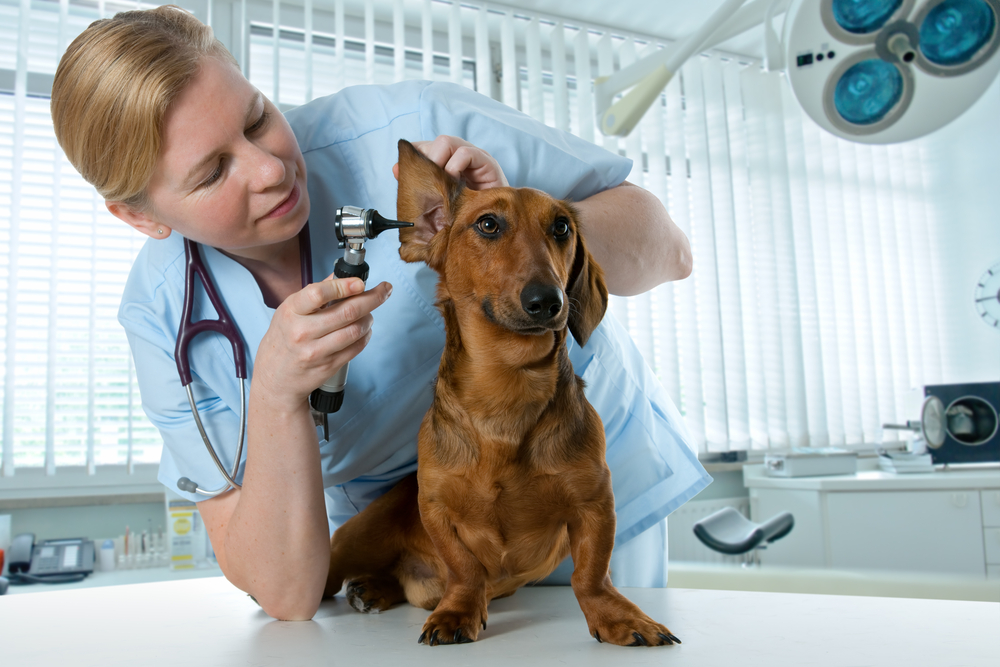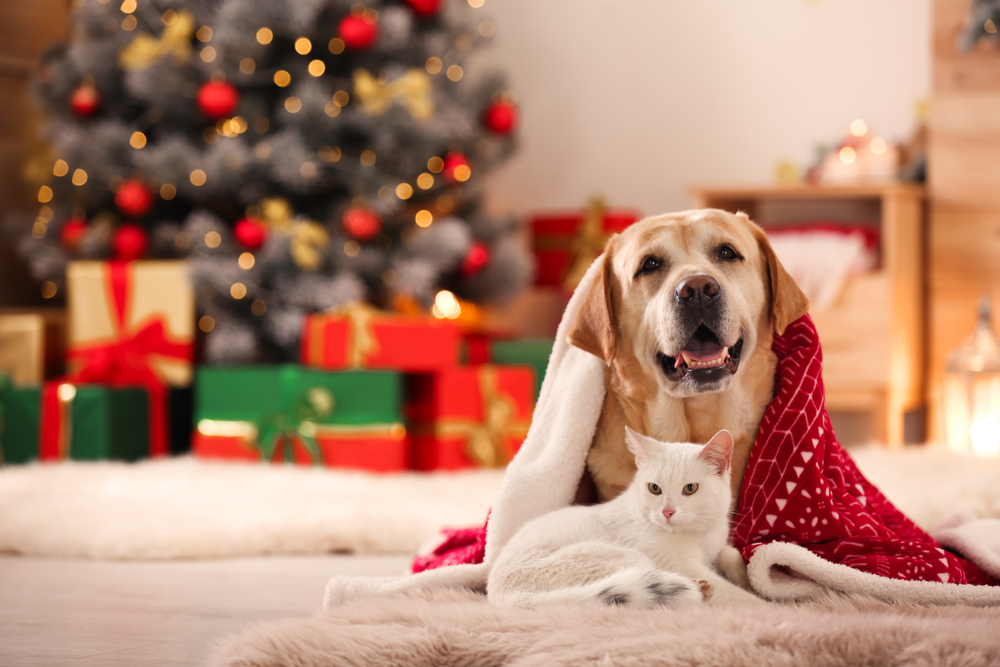Keeping Your Pets Safe During the Holidays
The holiday season is a cherished time for families, filled with joy and celebration. However, it also brings unique challenges and risks for our pets. As pet owners, it’s crucial to recognize these potential hazards to ensure a safe and festive season for every family member, including our beloved animal friends.
Understanding Holiday Hazards for Pets
The holidays introduce a variety of potential dangers for pets. It’s essential to understand these risks from both a medical and behavioral perspective to prevent accidents and ensure prompt treatment if necessary.
Toxic Plants
Many popular holiday plants can pose significant risks to pets. Poinsettias, while often considered mildly toxic, can cause irritation to the mouth and stomach, leading to vomiting. Mistletoe and holly are more dangerous; ingestion can cause nausea, vomiting, diarrhea, and in severe cases, cardiovascular issues. The severity of symptoms depends on the quantity ingested and the size of the pet.
Medical Perspective: Toxicity from these plants can result in acute symptoms such as excessive drooling, vomiting, and diarrhea. Long-term exposure or large doses can lead to more severe complications like organ damage. Early intervention is crucial to prevent progression to more serious conditions.
Diagnosis and Treatment: If ingestion is suspected, the immediate step is to contact a veterinarian. Diagnosis typically involves a physical examination and, if necessary, blood work to assess organ function. Treatment may include inducing vomiting, administering activated charcoal to limit absorption, and providing supportive care like intravenous fluids.
Holiday Foods
While festive foods delight humans, they can be harmful to pets. Chocolate contains theobromine, which is toxic to dogs and can cause symptoms ranging from vomiting and diarrhea to seizures and even death. Grapes and raisins can cause kidney failure, while foods containing xylitol (a common sugar substitute) can lead to rapid insulin release, resulting in hypoglycemia.
Medical Perspective: Ingestion of these foods can lead to both immediate and long-term health issues. For instance, chocolate toxicity can manifest within hours, while grape or raisin ingestion may cause kidney damage over several days.
Diagnosis and Treatment: Prompt veterinary attention is crucial. Blood tests may be required to assess sugar levels and kidney function. Treatment can involve inducing vomiting, administering activated charcoal, and supportive care such as IV fluids and medications to stabilize heart and neurological functions.
Decorations
Decorations like tinsel, lights, and ornaments can be hazardous if ingested. Tinsel, in particular, can cause intestinal blockages, requiring surgical intervention. Glass ornaments can break and cause cuts or internal injuries if swallowed.
Medical Perspective: Ingestion of foreign objects can lead to gastrointestinal obstructions, characterized by symptoms like vomiting, lethargy, and abdominal pain. If left untreated, obstructions can be life-threatening.
Diagnosis and Treatment: Diagnosis involves physical examination and imaging techniques such as X-rays or ultrasounds. Treatment may range from endoscopic removal to surgical intervention, depending on the object’s size and location.
Preventing Holiday Accidents
Preventing holiday mishaps is all about proactive pet-proofing and supervision. Here are some practical steps pet owners can take at home:
- Secure Decorations: Ensure all decorations are firmly secured and out of reach. Consider using pet-proof barriers for Christmas trees and hanging ornaments higher up on the tree.
- Control Food Access: Keep festive treats and hazardous foods well out of the way of curious noses. Educate family members and guests about the dangers of feeding pets table scraps.
- Create a Safe Space: Designate a quiet, safe area for pets to retreat from holiday chaos. This can reduce stress and prevent behavioral issues like anxiety-induced accidents or destructive chewing.
The Role of Regular Veterinary Care
Routine Exams
Routine exams allow veterinarians to detect potential health concerns early and provide tailored advice on pet-proofing strategies for the holidays. Consider scheduling a pre-holiday check-up to discuss any concerns and ensure your pet is in optimal health.
Preventive Care
At Memorial Animal Hospital, we offer comprehensive preventive care to keep your pets in top condition. This includes vaccinations, parasite control, and dietary consultations. To learn more about our range of services, visit our Wellness and Preventive Care page.
Emergency Preparedness
Despite our best efforts, emergencies can occur. It’s essential to be prepared:
- Immediate Response: If you suspect your pet has ingested something harmful, contact Memorial Animal Hospital immediately. Quick action can be lifesaving.
- Emergency Contacts: Keep our contact information handy. For more details, visit our Contact Us For non-emergencies, you can use our Request an Appointment link. For after-hours emergencies, you can reference this list of local Emergency Hospitals.
Supporting Your Pet’s Health Year-Round

Holiday safety is just one aspect of maintaining your pet’s health throughout the year:
- Regular Check-Ups: Routine check-ups are essential for early detection of health issues and can provide peace of mind after the holiday season. Consider scheduling a post-holiday check-up to address any concerns that may have arisen.
- Diet and Exercise: Maintain a balanced diet and regular exercise routine for your pet. This helps prevent obesity and associated health problems.
Ensuring your pet’s safety during the holidays requires vigilance and preparation. By understanding the risks and how to prevent them, you can ensure a joyous and safe holiday season for all family members.
For more tips on holiday pet safety, explore resources from the American Veterinary Medical Association (AVMA) on Holiday Pet Safety and the American Society for the Prevention of Cruelty to Animals (ASPCA) Holiday Safety Tips.






Leave A Comment